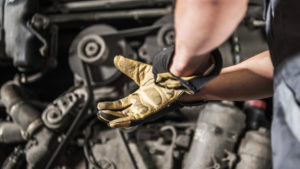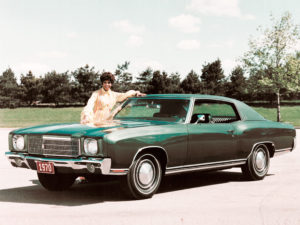Remember the Great Recession? As the inflated real estate market crashed back to earth between 2007 and 2009, it took vast swaths of the economy with it, leading to the highest unemployment rate since 1983. Unsurprisingly, the number of defaults on auto loans ticked up during that period as people prioritized other expenses during tight financial times. Now, the number of people behind on car payments is climbing and has reached a high not seen since that last major economic downturn.
Auto repossessions are growing, and the number of subprime borrowers who reached 60 days past-due on their loans skyrocketed to 5.67 percent in December 2022, up from 2.58 percent in April 2021. Repossessions dipped early in the pandemic, as the government sent checks to most Americans and unemployment benefits were bolstered by federal aid.

Interest rates for subprime borrowers (those with lower credit scores) can be almost punitive – 25 percent or more, in some cases, causing monthly payments for even affordable vehicles to reach ridiculous levels. At the same time, all cars became more expensive during the pandemic as automakers struggled to churn out new models to meet demand. Those factors have combined in a perfect storm for some buyers that now face increases in other living costs due to inflation and rising interest rates.
Unfortunately, delinquency rates are unlikely to fall anytime soon. The average new car price has climbed to almost $50,000, and the monthly payments to support such a purchase can be outrageous. Lending Tree found that the average new car payment rose to $700 per month last year. That’s a mortgage payment for much of America and can add a significant financial strain for some households.
At the same time, used car values are falling, so buyers with high monthly payments may be left holding onto those vehicles for a while. This is one of the most important factors to consider when we’re talking about loan defaults. Buyers stuck in expensive cars may feel they have no way out, as their resale values have fallen below what they owe. It’s a similar trajectory to the one taken by the real estate and mortgage markets over a decade ago, so let’s hope we don’t end up in the same economic position when things fall apart.









